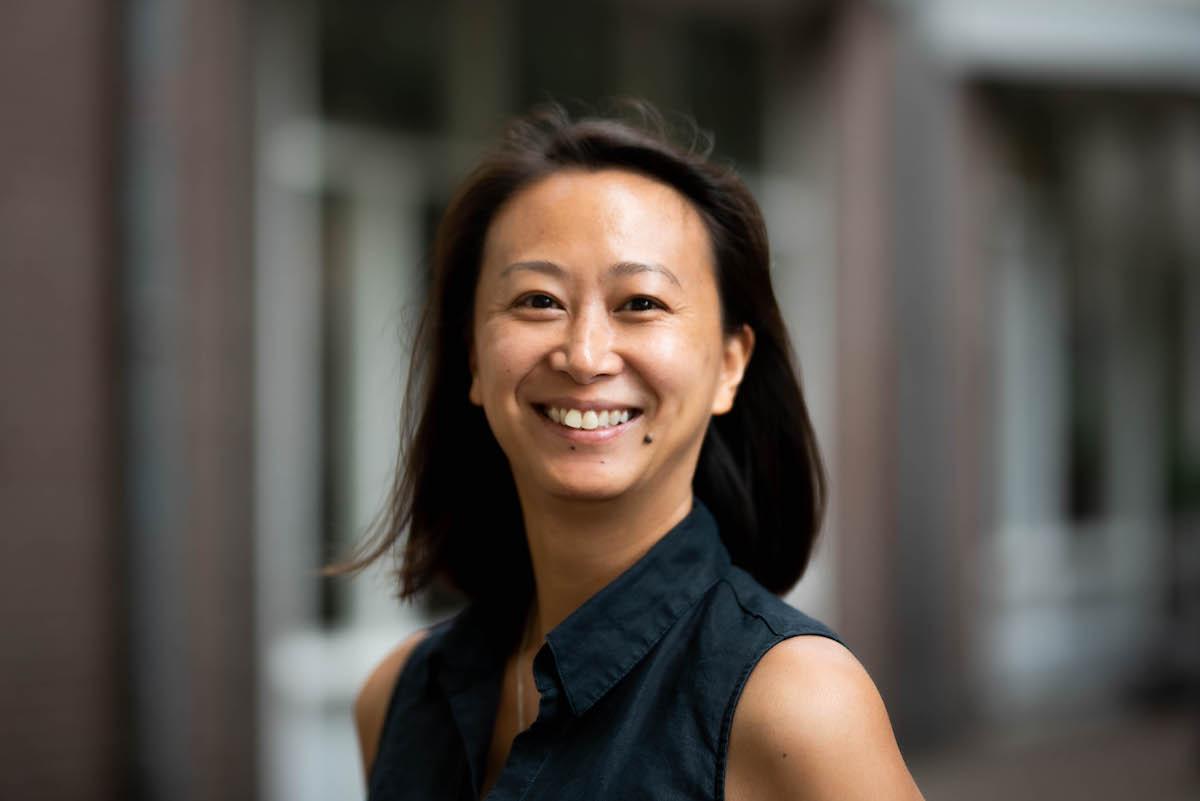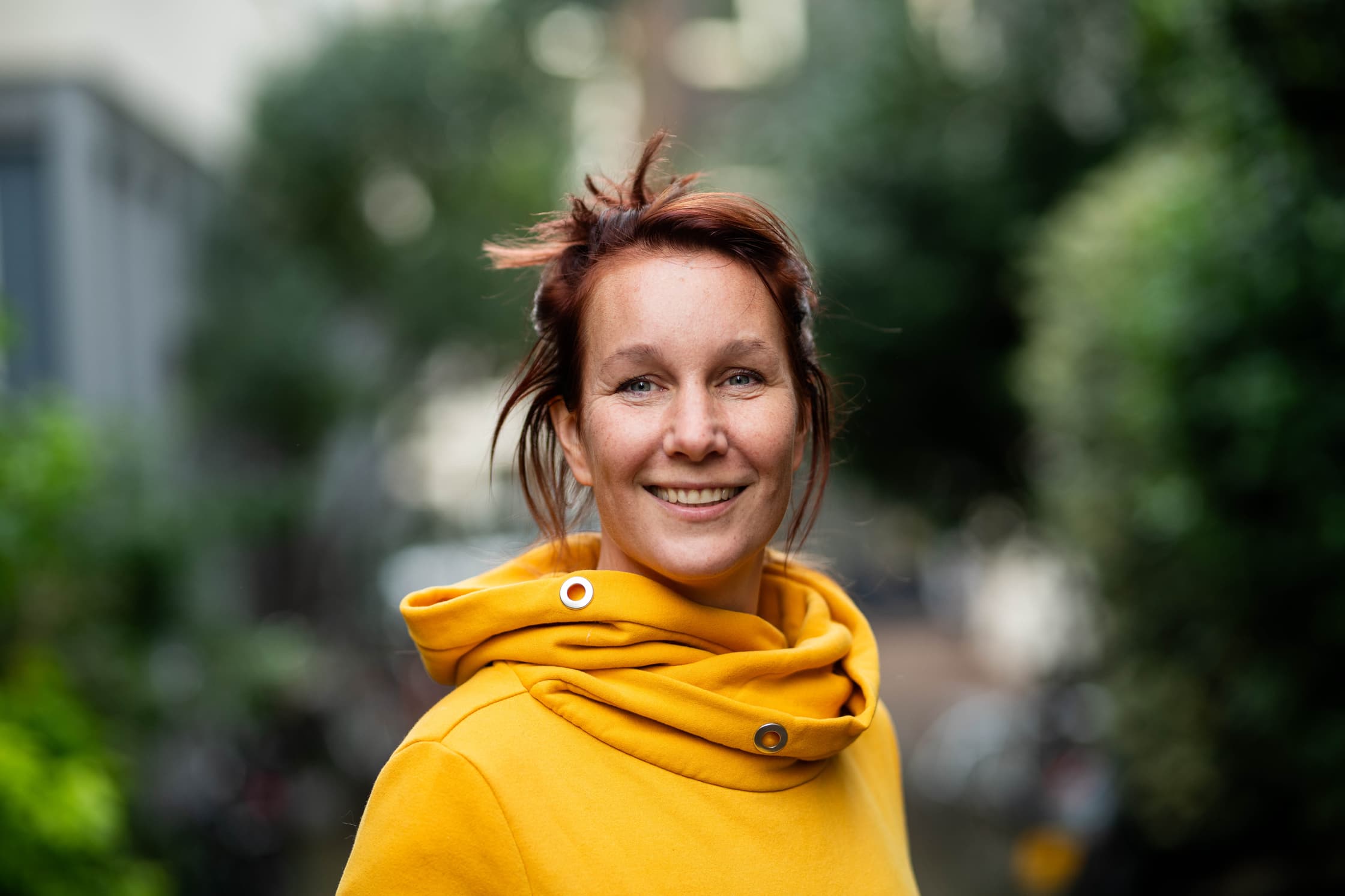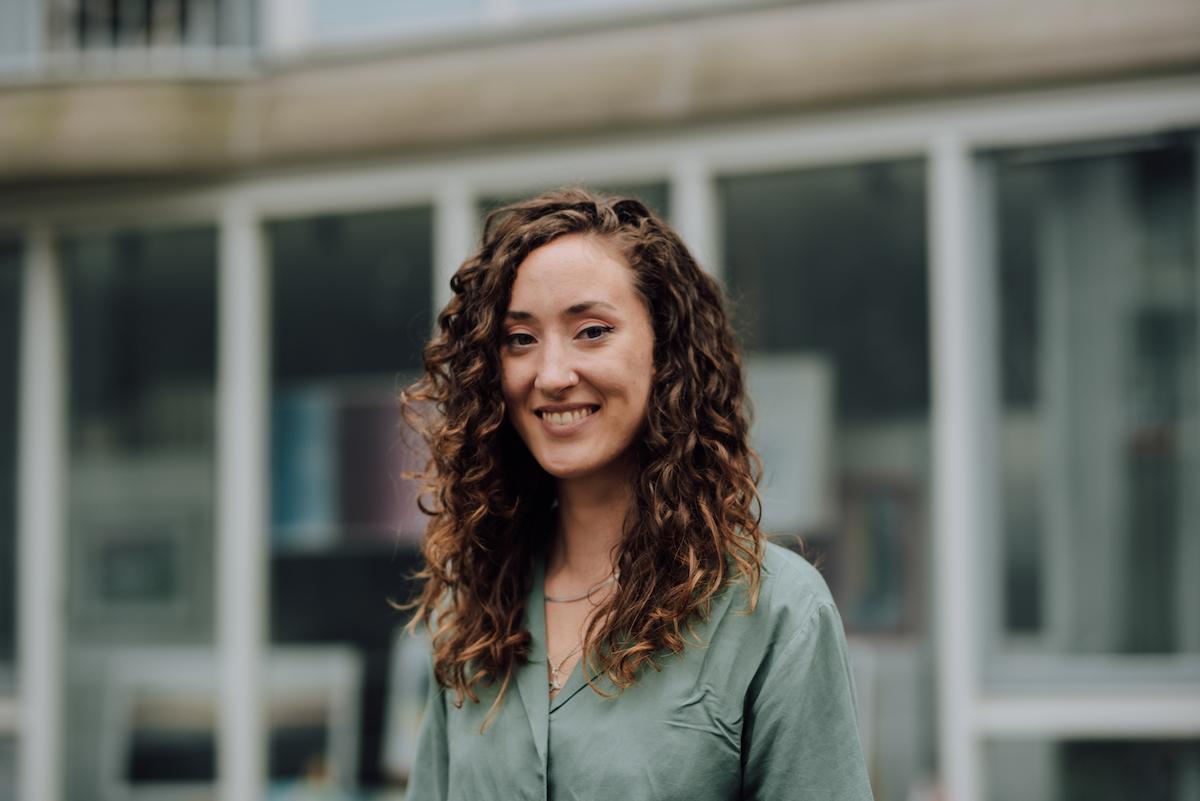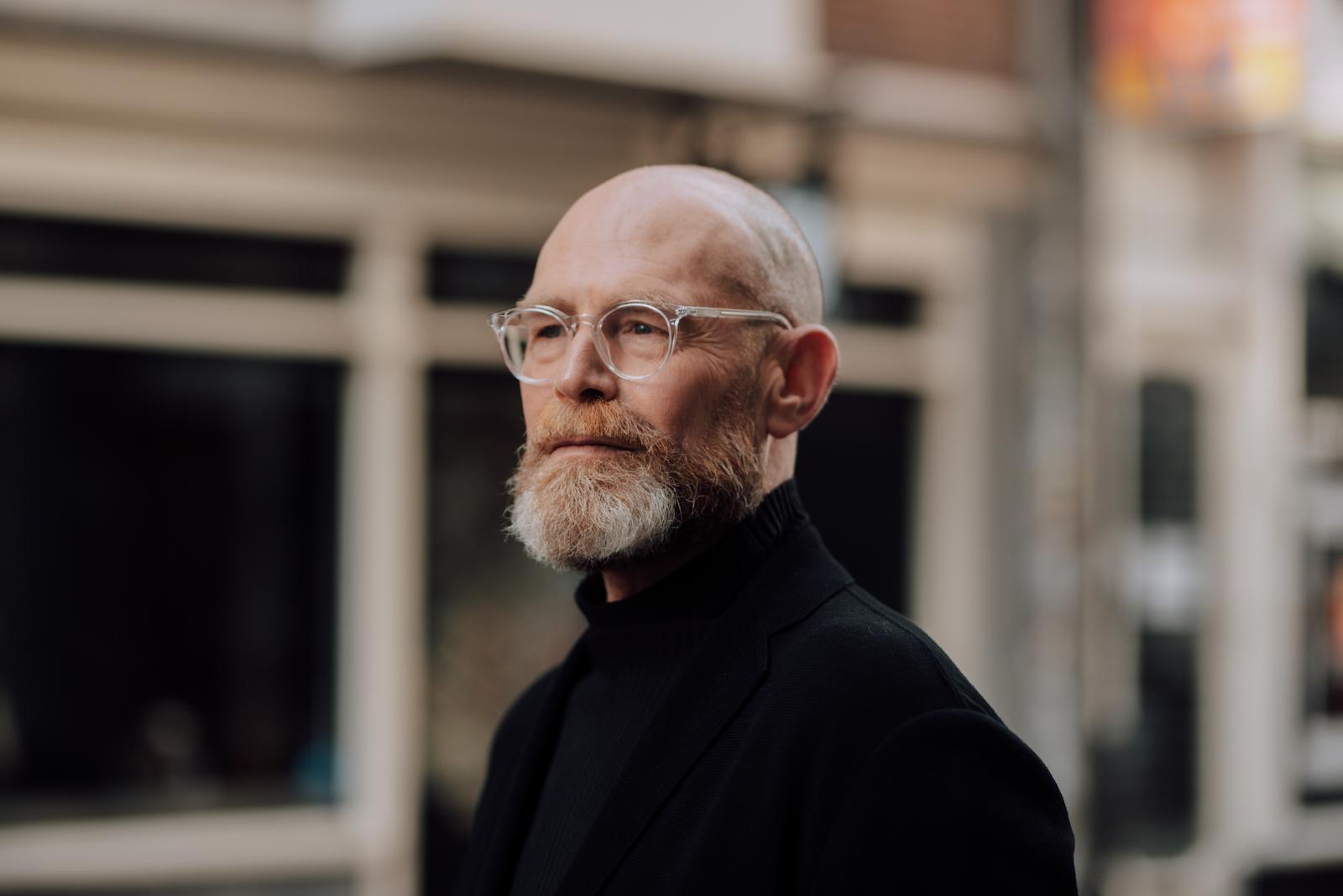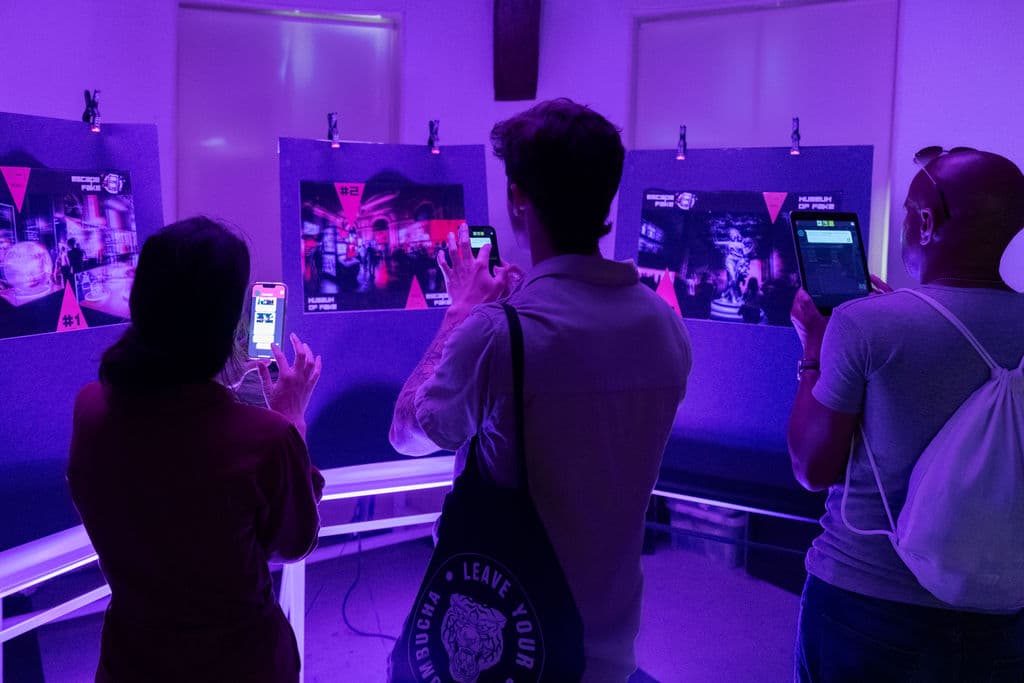
Escape Fake
This project aims to give game based learning a greater role in digital literacy lessons in education. In the project, we will expand the award-winning game Escape Fake and increase the network of teachers, students and co-creators. We will do this by organising the workshop programme CTRL+Explore, conducting online webinars and developing new activities. The game and all teaching materials will also be translated and made available in Dutch.
About the game
Escape Fake is an augmented reality (AR) game aimed at young people. In the game, you have to solve an issue in an escape room-like setting. The riddles and puzzles are designed to teach the player how to distinguish disinformation from reliable information on the internet. The game offers the following escape room experiences:
- Museum of Fake (prequel)
Here you visit the Museum of Fake and face several examples of historical fake news. Featured are examples of fake news, image manipulation and verification, and deepfakes. - The Bus Situation (room 1)
In this scene you will investigate the story of a bus driver arrested for transporting refugees. Topics include recognising fake news, online privacy, strategies used in disinformation, image manipulation and phishing. - Trouble with eLiza (room 2)
In this scenario you will try to find out how lifestyle blogger Liza managed to cause the break-up of the European Union. How did she create social division? This includes deepfakes, evidence collages, manipulating search engines, viral slogans and social bots.
In addition to the game itself, an extensive toolkit is available for educators with detailed instructions, as well as tips for post-game educational discussions on the dilemmas and solutions raised in the game, which players will also encounter in the real world.
About the project
In this project we aim to develop a community of practice (CoP) focused on integrating experiential learning with augmented reality (AR) in media literacy education. The primary objectives are to empower both educators and students in taking ownership of the learning process and enhancing critical thinking skills related to disinformation strategies and technologies.
Specifically, we will:
- Establish a Community of Practice (CoP) integrating experiential learning with AR in media literacy. Pairs of educators and students across three countries will become co-creators, as well as support the partners in further scaling learning with AR on media literacy through webinars, teachers trainings and showcases.
- Empower students to take ownership of their learning process through a scaffolding approach focused on experiential learning with AR Students will participate in creating activities accompanying the Escape Fake game, shaping the way they want to learn about media literacy. Together with educators, they will test out the experiential learning process with AR in the classroom, supporting their peers in developing media literacy skills.
- Further develop the Escape Fake interactive experience, to support critical reflection on dis- and mis-information strategies and technologies. Escape Fake is a free-to-play, augmented reality game, which takes the players through a digital escape room to fix the future by debunking fake news. Together with the community of practice, we co-design a novel interactive experience (escape room) in the Escape Fake game, as well as design toolkit activities to support debriefing and reflection.
Throughout the project we increase our geographical reach by making the game associated activities available in two more languages, Dutch and French, in addition to the existing five (Hungarian, English, Danish, Romanian and Italian).
Meta data
Project duration
Team
Financiers
Partners
Funded by the European Union under grant agreement number 101186265. Views and opinions expressed are however those of the author(s) only.
